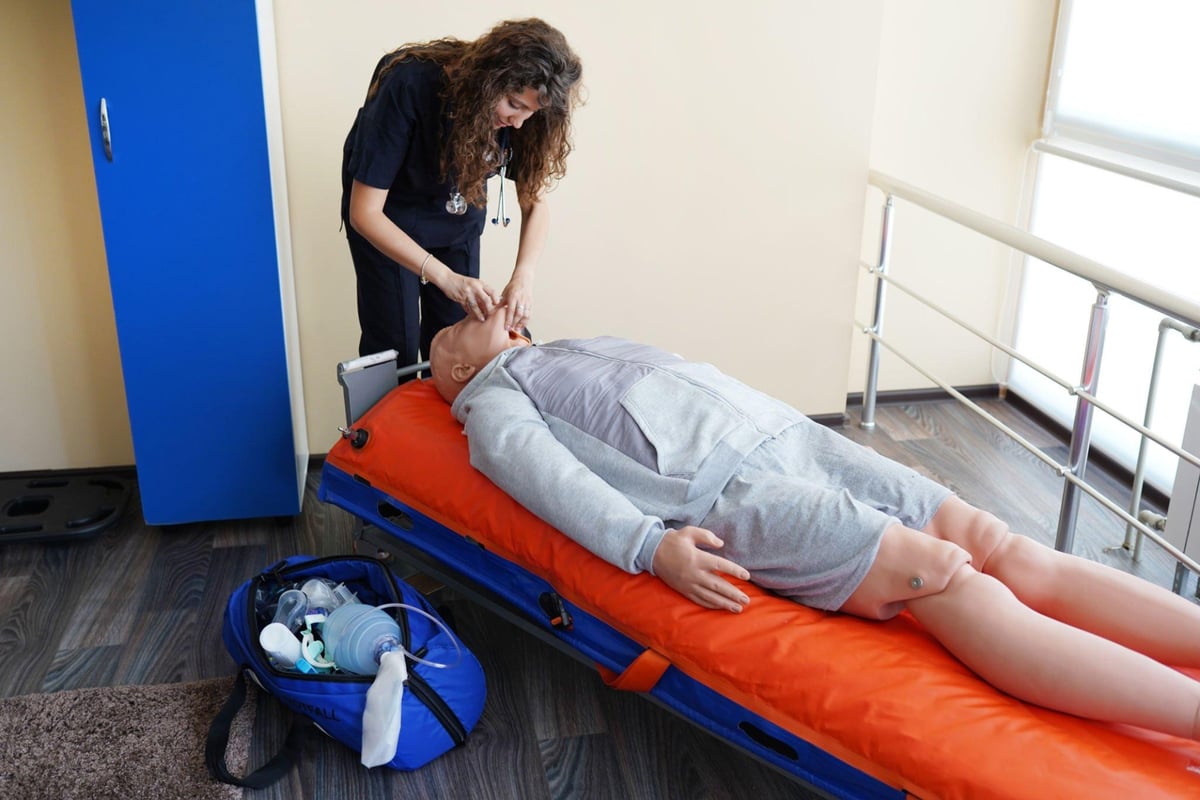How to Become a Paramedic in High School? (2025)

Paramedics in the U.S. earn an average of $58,410 per year, according to the U.S. Bureau of Labor Statistics. If you're still in high school and aiming for a career in emergency medical services, here's your step-by-step guide to get started early and move into certification after graduation.
5. Apply for your state paramedic license
Each state has its own licensing process—most follow NREMT standards.
6. Start working in emergency care
Apply to hospitals, ambulance services, fire departments, or air rescue teams.
Extracurriculars to Boost Your Paramedic Journey
- Volunteer with ambulance services
- Join fire cadet or first responder programs
- Get certified in first aid and CPR
- Shadow paramedics or nurses
- Attend health or emergency medicine workshops
Career Paths After Becoming a Paramedic
- Flight paramedic (air rescue)
- Critical care transport
- ER technician
- Paramedic instructor
- Emergency services supervisor
Frequently Asked Questions
What is the youngest age to be a paramedic?
Most states require you to be at least 18 years old to begin EMT or paramedic training and get licensed.
Is a high school diploma required to be a paramedic?
Yes. A high school diploma or GED is required to enroll in EMT and paramedic training programs.
What are the essential skills for a successful career as a paramedic?
Critical thinking, calm decision-making, physical stamina, communication, and compassion are all essential to succeed as a paramedic.
How long does it take to become a paramedic?
It usually takes 1 to 2 years to complete EMT and paramedic training, pass exams, and get licensed.
How much does a paramedic make?
Paramedics earn an average of $58,410 per year, according to the BLS (May 2024).
What is the highest qualification for a paramedic?
The highest is usually Critical Care Paramedic (CCP) or Paramedic Specialist, which includes advanced training in critical and pre-hospital care.
Final Thoughts
Starting early gives you an edge in the emergency medical field. While you can’t be licensed as a paramedic until 18+, building your foundation now can fast-track your success.
Take the next step and search for paramedic programs on Dreambound
Dreambound offers detailed, state-specific guides to help you start this career:
- How to Become a Paramedic in Alabama
- How to Become a Paramedic in Hawaii
- How to Become a Paramedic in Michigan
- How to Become a Paramedic in Oregon
- How to Become a Paramedic in Utah
Exploring other career options? Check out our other step-by-step guides to find the right path for you:

Pia Yapjoco is part of the school growth and sales team at Dreambound. She helps facilitate school partnerships that expand educational opportunities for aspiring students in allied health and other trades. Beyond work, she curates her pup's Instagram, hunts for hidden coffee gems, and escapes into cozy gaming.




